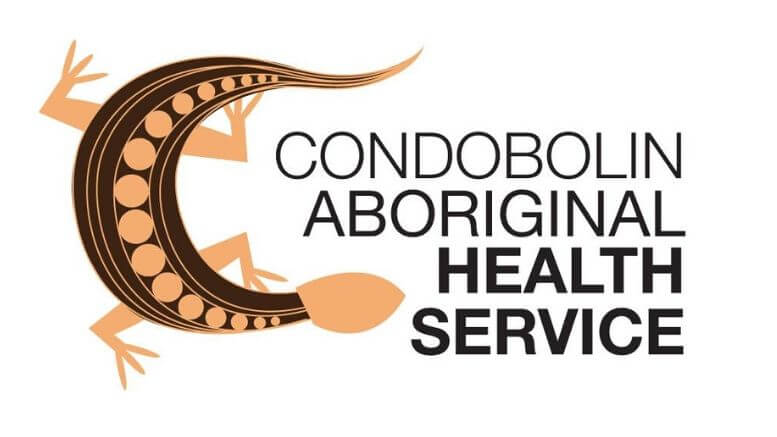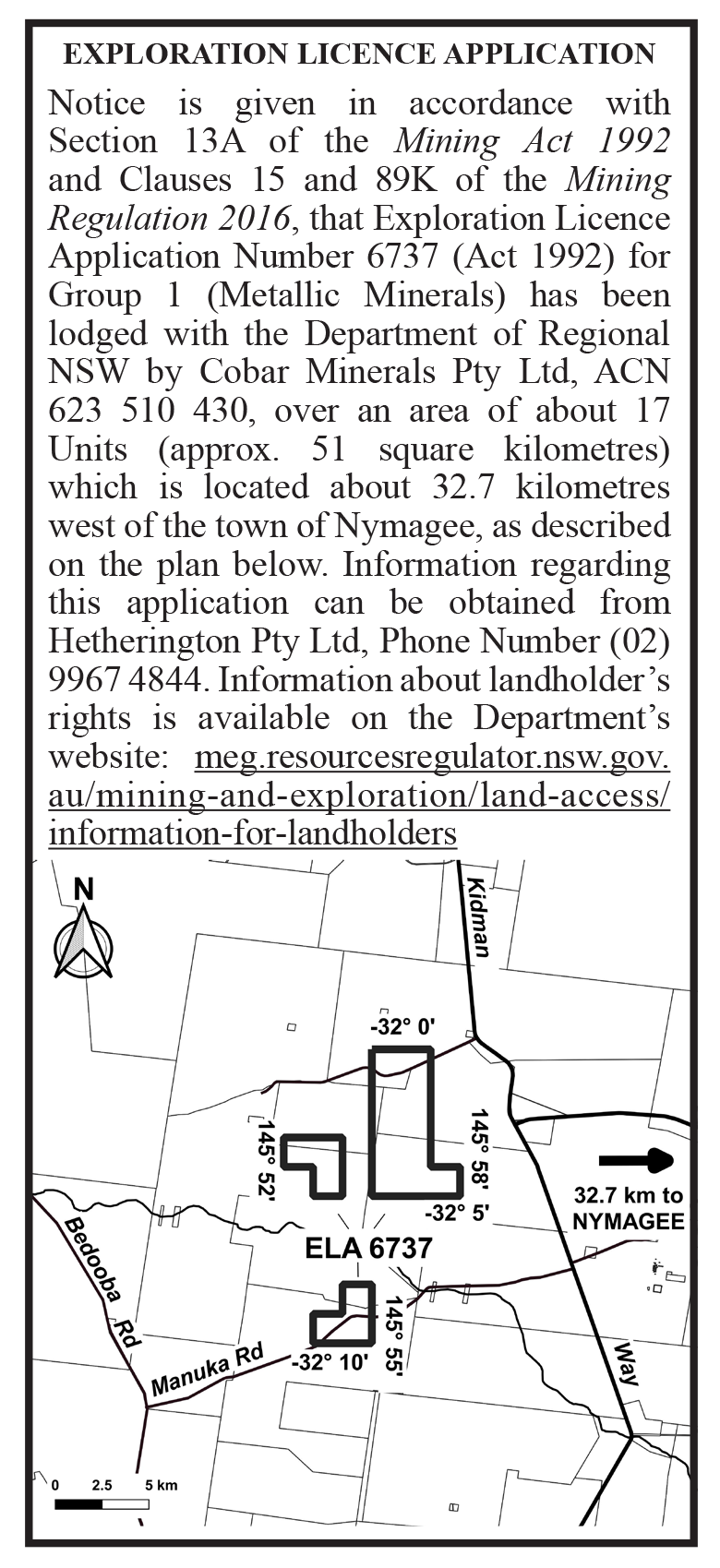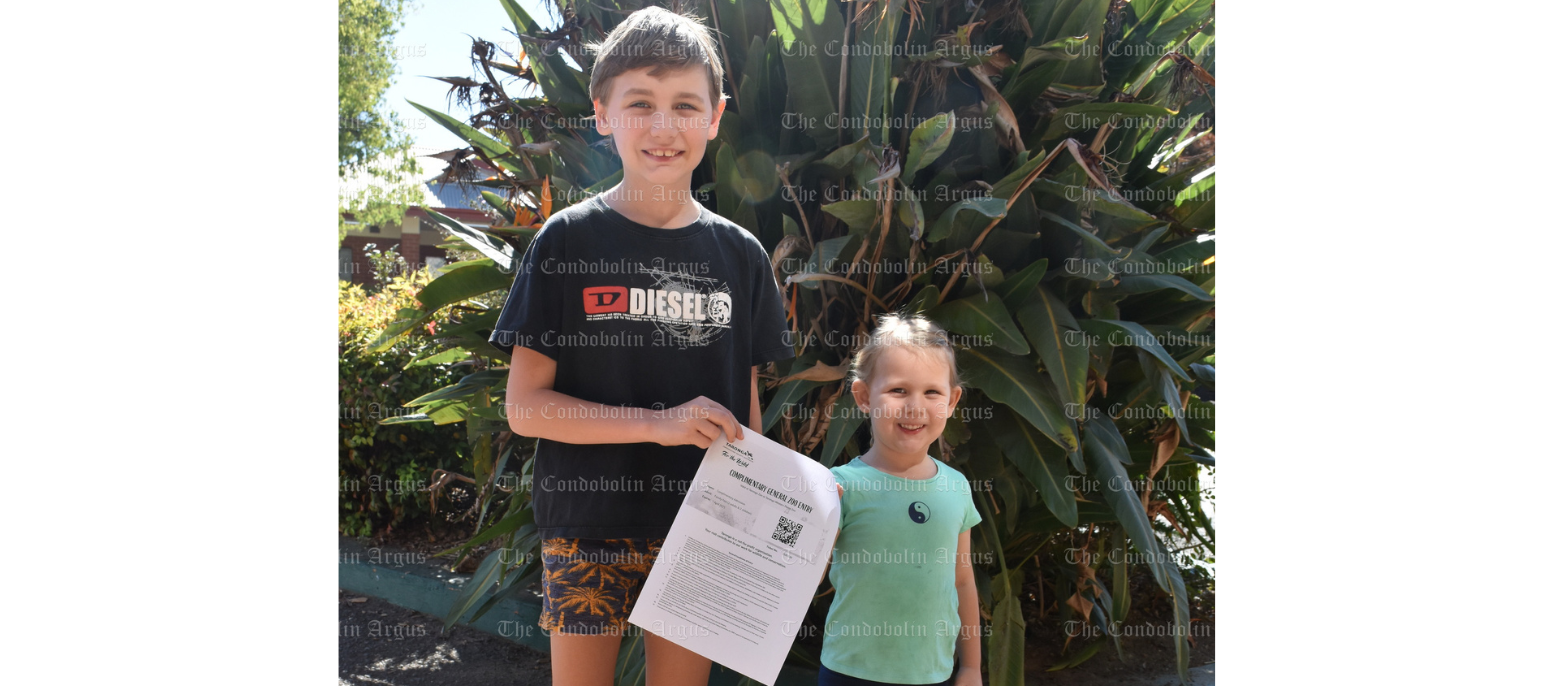NEW ERA OF INTEGRATED TEAM CARE
A new era of Integrated Team Care for Western NSW Aboriginal residents begins on 1 January 2023.
Greater capacity and capabilities for Western NSW Aboriginal Medical Services (AMSs) to improve the health and wellbeing of Aboriginal and Torres Strait Islander residents living with a chronic health condition will be delivered by the revised Integrated Team Care (ITC) Program from the beginning of next year.
Commissioned by Western NSW Primary Health Network (WNSW PHN), the revised ITC Program replaces the existing version of the Program, which is funded to December 31, 2022, delivered by Maari Ma Health Aboriginal Corporation under the Marrabinya name
From January 1, Western NSW Indigenous residents attending their local AMS to access care for their chronic health condition will be provided with care through the ITC Program onsite.
Providers include Condobolin Aboriginal Health Service, Orange Aboriginal Medical Service, Yoorana Gunya Family Healing Centre Aboriginal Corporation, Peak Hill Aboriginal Medical Service, Dubbo Regional Aboriginal Health Service, Coonamble Aboriginal Health Service, Walgett Aboriginal Medical Service, Brewarrina Aboriginal Health Service, Bourke Aboriginal Health Service, Maari Ma Primary Care Health Service (Broken Hill and Balranald), and Coomealla Health Aboriginal Corporation.
Meanwhile, Indigenous residents attending their local GP or other primary healthcare provider to access care for their chronic health condition will be referred to their local regional ITC provider.
For the Local Government Areas (LGAs) of Balranald, Broken Hill, Central Darling, the Unincorporated Far West and Wentworth, referrals will go to Maari Ma Health Aboriginal Corporation.
For the LGAs of Bourke, Brewarrina, Cobar, and Walgett, referrals will go to Walgett Aboriginal Medical Service. For the LGAs of Bogan, Lachlan, Narromine, Warren, Coonamble, Dubbo Regional, Gilgandra, Mid-Western Regional, and Warrumbungle, referrals will go to Coonamble Aboriginal Health Service, which also comprises Dubbo Regional Aboriginal Medical Service and Gilgandra Local Aboriginal Medical Service.
For the LGAs of Cowra, Forbes, Parkes, and Weddin, referrals will go to Yoorana Gunya Family Healing Centre Aboriginal Corporation.
And for the LGAs of Bathurst Regional, Blayney, Cabonne, Oberon, and Orange, referrals will go to Orange Aboriginal Medical Service.
Western NSW Primary Health Network (WNSW PHN) is currently working with and supporting the region’s AMSs to ensure the revised ITC program is set for full implementation by the beginning of the new calendar year.
WNSW PHN CEO Andrew Coe, says this new era of ITC delivery in the region presents a powerful opportunity to enhance program delivery and improve patient care outcomes.
“We are very excited that the revised ITC Program is giving us the opportunity to support the enhancement of capacity and capability in our region’s AMSs and deliver even better health outcomes for Indigenous people living with chronic disease in Western NSW,” he explained.
“Living with a chronic health condition is a huge challenge in itself. The ITC Program removes the challenge of navigating an often tricky health system to help local Indigenous people get the appropriate care they need, when and where they need it.”
Funded by the Australian Government, the ITC Program contributes to improving health outcomes for Aboriginal and Torres Strait Islander people with chronic health conditions through access to care coordination, multidisciplinary care, and support for self-management, as well as improving access to culturally appropriate mainstream primary care services.
The existing ITC Program has been delivered by Maari Ma Health Aboriginal Corporation since 2016 under the Marrabinya name, but is being revised following an extensive review, consultation and co-design process that commenced in July 2021.
Involving numerous health partners, stakeholders, peak bodies, Aboriginal representative groups and members of the community, the consultation and co-design process identified that the ITC Program would best serve residents requiring care by being accessible through their local Aboriginal Health Service, as well as also including care coordination services to assist patients in navigating an often-complex healthcare system to access any specialist care they require.
Both measures have been identified as being able to boost the effectiveness of the ITC Program and result in more people getting access to the chronic disease care they require and enjoying improved health and wellbeing.
The Marrabinya Program is continuing with full funding to the end of December 2022 when the new ITC Program will become fully operational to ensure no disruption to services.
Latest News
Lucky winners!
Nathaniel and Lexie Saunders were the lucky winners of the [...]
RALLY4EVER in Condobolin
RALLY4EVER travelled to Condobolin to initiate a tennis revival that [...]
Ice Skating in Condobolin a huge success
The Coast to Coast Portable Ice Skating Rink at the [...]
Free online car seat safety workshops
Parents, carers and grandparents of young children are invited to [...]
RFDS GP Clinic open for appointments
The Royal Flying Doctor Service is pleased to announce RFDS [...]
Waste to Art Exhibition and Competition
It’s the year of Packaging for the Sims Metal Waste [...]








